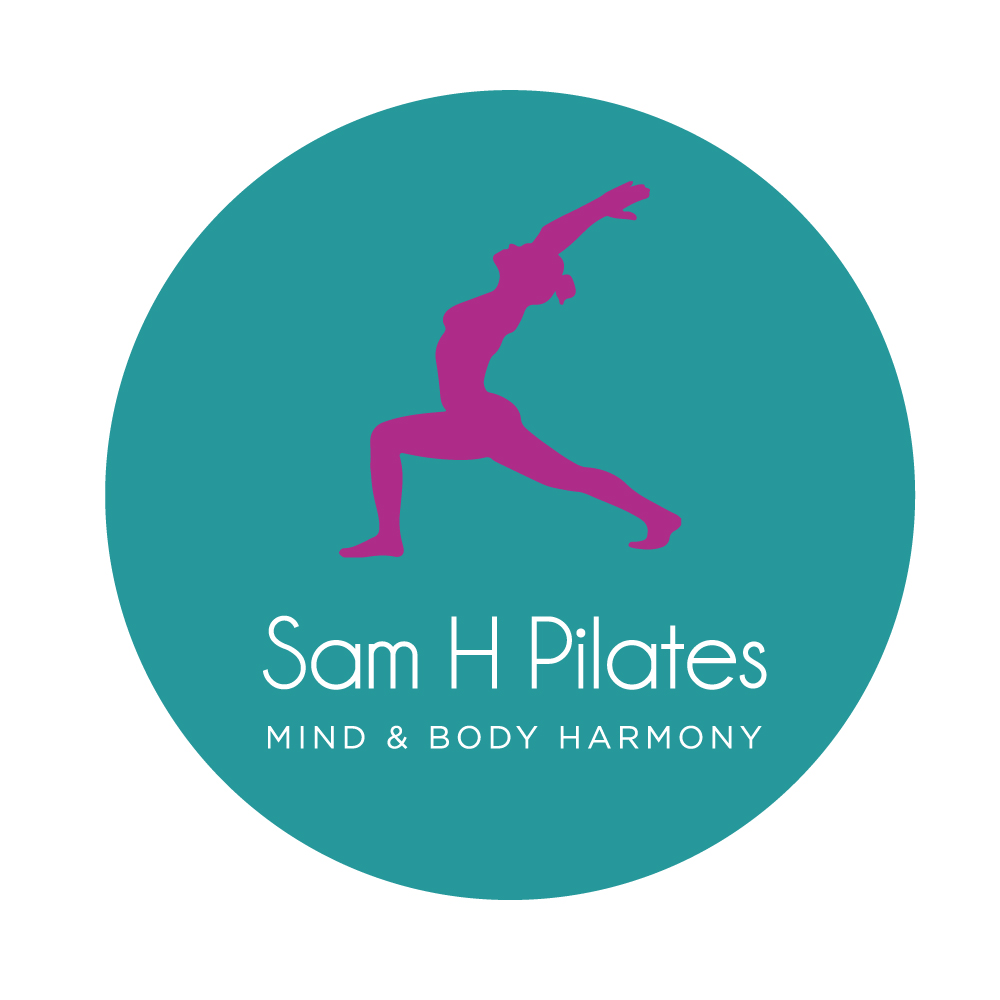A study done recently shows the impact that fat has on insulin levels. In one group subjects had to fast for 84 hours (other than just a saline drip).
During this time insulin levels dropped and fat breakdown increased evidenced by the amount of fatty acids in the blood stream.
Another group were given an intravenous drip of mostly fat, equivalent to 2000 calories. Just as before insulin levels dropped, and fatty acids in the blood stream increased, meaning fat was being burned for fuel.
In other words, eating fat induces the same state as fasting when it comes to insulin levels.
So again it is insulin that causes us to get fat, not fat.
Whilst I am not suggesting you eat nothing but fat, it does show that a fat rich diet can help with the fat burning process.
The problem with fat only arises when it is mixed with carbs that over stimulate insulin production.
If you adopt a low fat, high carb diet as suggested by some of the slimming clubs, you are actually basing your diet on foods that deposit fat in the cells, and help to keep it there!
I rest my case!
The types of fat you should be eating
Fat is broken down very slowly and released into the blood stream, so it keeps you feeling fuller for longer.
Plus at least 20% of your calories per day should be from fat – good fats, and most specifically Omega 3.
People following low fat diets have experienced all sorts of fat cravings indicating the body is lacking something – fat!
Don’t go for skimmed milk either; it is too processed and full of hormones.
Don’t use low fat spread as it contains so many chemicals that mess with metabolism – and anyway anything low fat will have sugar added for taste.
Sugar = insulin = fixing fat in the cells. Change your view of fat – it is good for you in its natural state.
Transfats and homogenised fats in baked goods and processed foods are the ones you need to be avoiding.


